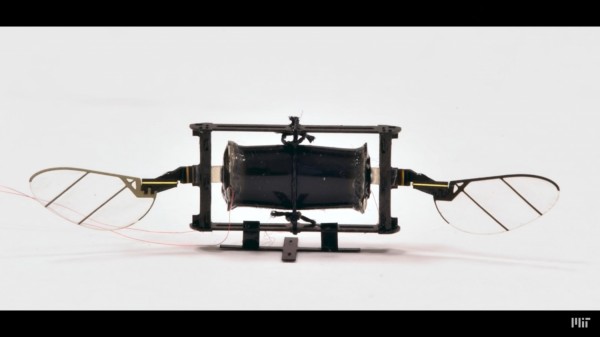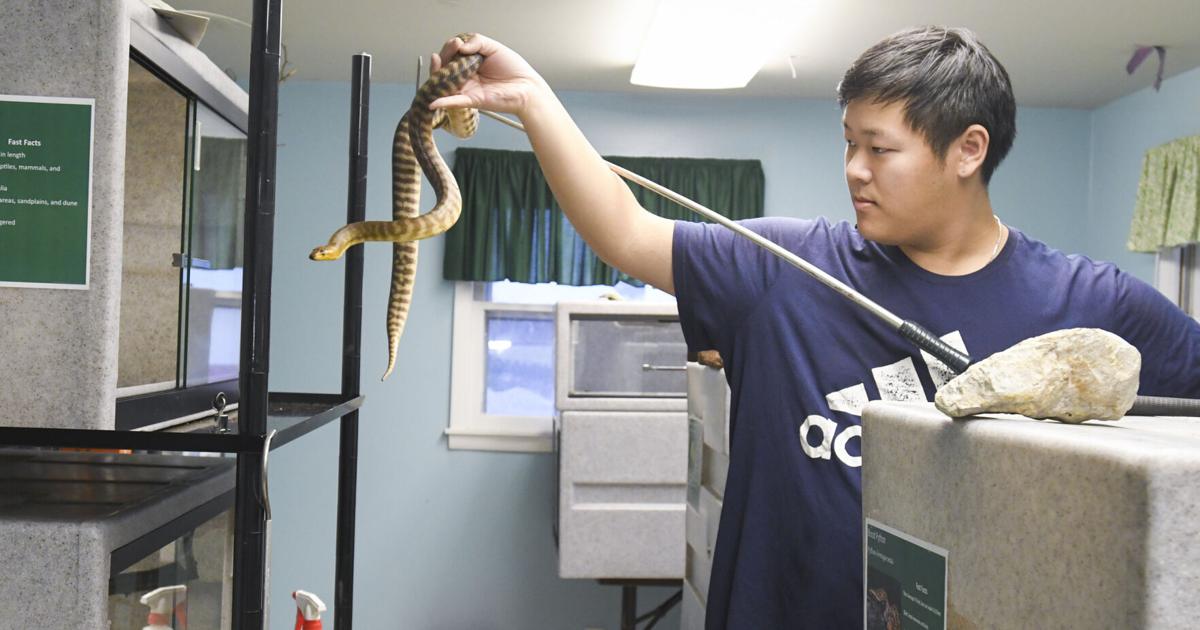The health of UK insect populations is set to be assessed through a new project aimed at providing advice on measures that will help protect them more effectively after Brexit.
There are growing concerns that insects are declining sharply across Europe and beyond, believed to be due to intensive agriculture and other man-made pressures such as climate change. While there are strong signs of declining numbers in a few insect groups in certain areas, signs of declining insects overall in the UK remain patchy at best.
Researchers were awarded £ 2.3 million by the Natural Environment Research Council (NERC) to provide definitive evidence on whether insects are declining in the UK, to understand key drivers threatening their very existence and development to support environmental measures to protect these insects.
The new project, led by the University of Leeds with partners University of Reading, the UK Center for Ecology and Hydrology (UKCEH) and Rothamsted Research, will perform the most comprehensive analysis of UK insect populations to date from a variety of sources and for one possible wide range of styles.
The project team will then use the data to test which factors have most affected insect populations and to model how different policy options can counteract these effects. These findings will make an important contribution to the UK’s biodiversity strategy now that it is no longer part of the European Union.
The researchers believe that the new environmental and agricultural management rules and incentives developed after Brexit could provide an opportunity to address drivers of the decline in insects and other wildlife.
Project Leader Professor Bill Kunin of the University of Leeds School of Biology said, “Insects are the backbone of a healthy, functioning environment, so it’s absolutely important that we take care of them.
‘While previous agri-environmental measures were designed to encourage wildlife by encouraging environmentally friendly practices, the benefits to conservation were often quite small in reality. Despite the substantial subsidies, it was often only the relatively common species that benefited.
“We hope that our new project will gradually change data on British insects in order to develop evidence-based strategies that help nature, and therefore humans, thrive.”
Are insects in decline?
Previous research by Professor Kunin and colleagues has shown that the majority of wild bee and hoverfly species are declining in their range across the UK, and other studies have suggested a similar pattern for other insects.
While these studies modeled insect distribution, much less is known about insect abundance – the number of individuals present in a given area, to understand whether their range has increased or decreased. The abundance of insects is critical to their ability to perform their many tasks in an ecosystem.
The new four-year Drivers and Repercussions of UK Insect Decline (DRUID) project, which begins in January 2021, aims to provide comprehensive evidence of the abundance and diversity of insects across the country. This will give a definitive answer on whether UK insects are declining overall and if so what are the main causes of the decline.
As part of the DRUID project, an interdisciplinary team of researchers will access and calibrate three different types of data – from scientific monitoring to volunteer wildlife writers (or citizen scientists) to high-tech sensors such as weather radar.
Working with Leeds’ innovative BioDAR project, the researchers aim to measure the volume of insects that fly through the air every few minutes day and night across the UK by capturing signals from the creatures on weather radar data.
By combining this high-level data with records from scientists and skilled on-site wildlife recorders, the researchers aim to provide an accurate picture of the status of UK insect populations.
Above all, they aim to inform the ongoing monitoring of insect populations so that the effects of various protective measures can be assessed in the future.
How important are insects?
Insects play a number of important roles in UK ecosystems. They support and support the health of much of the natural world as well as human civilization.
One of the most famous roles they play is the pollination of plants – especially plant species. Many valuable crops in the UK require insect pollination, including canola, tomatoes, apples and strawberries.
In addition, insects serve as food for a variety of other animals, including birds and fish, and predatory insects, in turn, help consume many agricultural pests. They also play an important role in multiple nutrient cycles and have cultural value as iconic elements of the natural world.
Economists and social scientists working in the DRUID project will create a new framework for measuring the economic and social value of insects. This could help them be properly valued by society so that their protection can be appropriately prioritized.
What are the threats to insects?
Insect populations face a range of growing threats including habitat loss, intensive agriculture, pollution, climate change, and introduced species and diseases.
DRUID researchers will use their treasure trove of insect data and the latest data on a range of threats to make the first comprehensive and integrated assessment of the impact of these various threats on terrestrial and aquatic insect communities. In addition, they will link these findings to the environmental, economic and social value that insects offer so that the risks can be accurately assessed.
The future of British insects
Once the insect monitoring data has been calibrated and combined, the researchers will model the impact of various policy options on insect populations. This will help make future decisions about environmental policy.
Professor Richard Pywell, a DRUID project member with the UK Center for Ecology and Hydrology, said: “We are pleased to be working closely with policy makers and practitioners to explore a range of strategies to support insect biodiversity across the UK, including also modeling the benefits of creating networks of flower-rich insect habitats throughout the landscape.
“We will use the latest in computer game technology to create insect-friendly future worlds that stakeholders can explore in virtual reality.”
###










